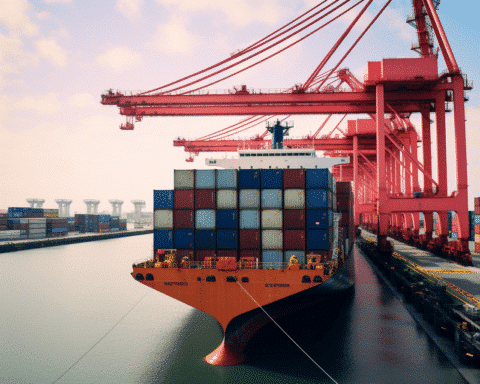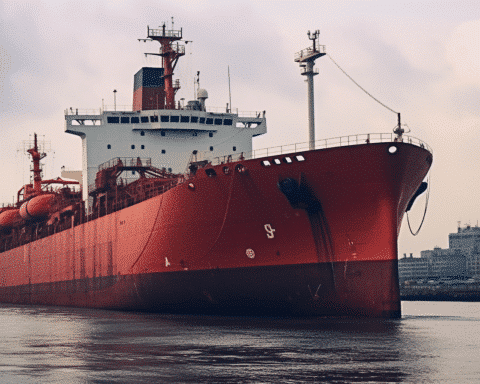In a significant move to bolster maritime security, U.S. Defense Secretary Lloyd Austin has announced the establishment of “Operation Prosperity Guardian,” a new multinational initiative to protect commercial vessels in the Red Sea. This decision comes in the wake of escalating attacks, primarily from Houthi-controlled areas in Yemen, targeting ships transiting this critical maritime route. The urgency of the situation is underscored by several recent incidents where commercial vessels have sustained damage due to drone and ballistic missile attacks.
Speaking from Bahrain, Defence Secretary Lloyd Austin articulated the threat’s gravity: “This is an international challenge that demands collective action.” His statement emphasized the collaborative nature of the mission, which involves multiple nations, including the United Kingdom, Bahrain, Canada, France, Italy, Netherlands, Norway, Seychelles, and Spain. As a senior military official outlined, the operation’s strategy involves a non-escorting approach, where military ships simultaneously provide overarching protection to numerous commercial vessels.
However, the formation of this coalition has been challenging. Mohammed Abdel-Salam, the Houthis’ chief negotiator and spokesman, vehemently opposed the initiative. Asserting on the social media platform X, Abdel-Salam accused the coalition of protecting Israel and militarizing the sea, vowing that Yemen would continue its operations in support of Gaza. He warned of the consequences for those seeking to expand the conflict.
The heightened risk in the region has prompted shipping companies like Maersk to seek alternate routes, such as the more extended passage around Africa via the Cape of Good Hope, in search of more predictable outcomes for their customers. This rerouting decision underscores the significant impact of these maritime threats on global shipping logistics.
The coalition’s formation was also influenced by the alarming frequency of Houthi attacks on commercial ships, with Austin citing 12 attacks in the last four weeks alone. The inclusivity of the mission is evident, with several countries participating in various capacities, from joint patrols to intelligence support. Nevertheless, the absence of China, despite having warships in the region, is notable, especially given the attacks on vessels with ties to Hong Kong.
Coordinated by the existing Combined Task Force 153, the new mission expands the task force’s role from a primarily headquarters function to an active protective force. Meanwhile, the United States has also sought the United Nations Security Council’s intervention against these maritime threats.
As “Operation Prosperity Guardian” takes shape, it represents a crucial step in safeguarding one of the world’s busiest shipping lanes. The collaborative effort underscores the international community’s resolve to confront threats to maritime security and ensure the safe passage of commercial vessels. While challenges and criticisms remain, the initiative marks a pivotal moment in the collective endeavour to maintain global maritime stability.




